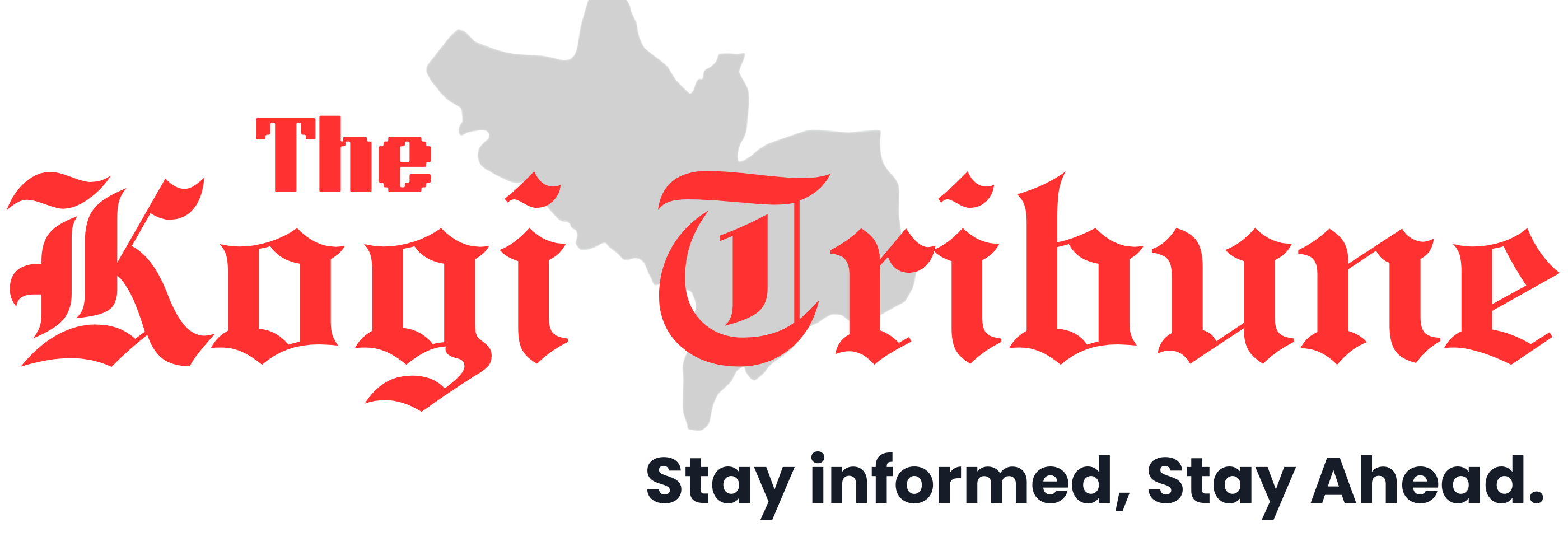The Federal Government has announced plans to adjust electricity tariffs to address disparities in the current billing system and attract more investment in the power sector.
Minister of Power, Adebayo Adelabu, disclosed this on Thursday in Abuja during the public presentation of the National Integrated Electricity Policy and Nigeria Integrated Resource Plan.
He explained that the government is considering this move due to the slow transition of customers to Band A, which he attributed to the reluctance of Distribution Companies (DisCos) to make necessary investments.
Currently, Band B customers, who receive 17 to 18 hours of electricity daily, pay N63 per kilowatt-hour, while Band A customers, with just two additional hours of supply, are charged N209 per kilowatt-hour. Adelabu described this disparity as “unfair” and emphasized the need for a more balanced and equitable pricing system.
“We will review the tariff structure,” he said. “This does not mean an increase in tariffs, but rather an improvement on last year’s progress to grow the sector and attract more investment for upgrading aging infrastructure.”
Adelabu criticized DisCos for their lack of investment, noting that this has slowed the migration of lower-band customers to Band A. He stressed that significant investment is required to accelerate this process.
To address these issues, the government is considering restructuring the tariff bands to narrow the gap between them. A proposed system covering Bands A, B, and C aims to create a fairer pricing model.
“The difference in tariffs between Band A and the lower bands is too wide,” Adelabu stated. “It’s unfair and unjust, and we must work towards a more reasonable structure.”
He reiterated the government’s commitment to reviewing the existing tariff system while clarifying that this does not necessarily mean an immediate increase in rates.





















